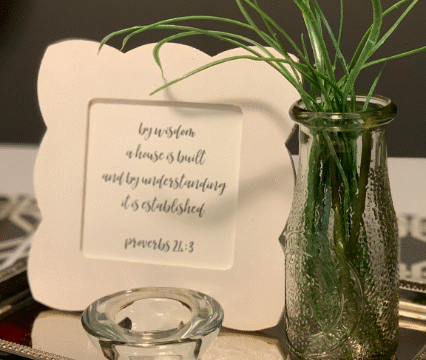Managing your study time well is one of the most important skills for academic success. Many students find it challenging to keep track of all their assignments, exams, and study goals. One of the best ways to stay organized and make the most of your study hours is by using a calendar to plan your study time.
This article will guide you through the benefits of using calendars for study planning, how to choose the right calendar for you, practical tips to create an effective study schedule, and ways to stay motivated by sticking to your plan.
Why Is Using a Calendar Important for Studying?
A calendar is a tool that helps you see your schedule at a glance. When it comes to studying, this means you can:
-
Organize your study tasks by day and time
-
Plan ahead for exams and assignments
-
Balance study with rest and other activities
-
Avoid last-minute cramming
-
Track your progress and adjust plans as needed
Without a calendar, it’s easy to forget deadlines or feel overwhelmed by the amount of work you have to do. Having a clear plan in front of you can reduce stress and improve your confidence.
Choosing the Right Calendar for Your Needs
There are many types of calendars available. Choosing one that fits your lifestyle and preferences will help you use it consistently.
Digital Calendars
Digital calendars like Google Calendar, Microsoft Outlook, Apple Calendar, or mobile apps are popular because they are accessible on multiple devices. Features include:
-
Setting reminders and alerts
-
Easy editing and moving of events
-
Sharing calendars with classmates or family
-
Syncing with other apps
If you are comfortable with technology, a digital calendar might be the best choice.
Paper Planners
Some people prefer paper planners or wall calendars. The physical act of writing down your schedule can improve memory and commitment. Paper planners come in many sizes, from pocket-sized notebooks to large desk calendars.
Hybrid Approach
You can also combine both. For example, use a paper planner for daily study goals and a digital calendar for long-term deadlines.
How to Plan Your Study Time Using a Calendar
Here are step-by-step instructions to help you create an effective study schedule.
Step 1: Identify Your Priorities
Start by listing all your subjects, courses, and major assignments. Then write down important dates like exam days, project deadlines, or quizzes. This will help you know what to focus on.
Step 2: Set Realistic Study Goals
Break down large tasks into smaller, manageable chunks. Instead of writing “Study history,” try “Read chapter 4 and summarize key points.” This makes your study sessions more targeted and less overwhelming.
Step 3: Block Specific Study Times
Decide when you are most alert and focused during the day. Some people study best in the morning, others in the evening. Reserve these times on your calendar for studying.
Try to keep these study blocks consistent every day to build a habit. For example, you might study from 6 pm to 7:30 pm daily.
Step 4: Include Breaks and Downtime
It’s important to take regular breaks to keep your mind fresh. Use the calendar to schedule 5 to 10-minute breaks every hour during study sessions. Also, plan longer rest periods and leisure time to avoid burnout.
Step 5: Review and Adjust Weekly
At the end of each week, look over your calendar. Check what you accomplished and adjust your plans if needed. This flexibility will help you stay on track even when unexpected tasks arise.
Additional Tips for Effective Calendar Use
-
Color Code Subjects: Assign different colors to each subject to make your calendar easy to read.
-
Set Reminders: Use alarms or notifications for important deadlines or study times.
-
Include Motivation: Add motivational notes or rewards on your calendar to keep you inspired.
-
Share Your Plan: If you study with friends or classmates, sharing calendars can help coordinate group study sessions.
-
Use Time Blocking: Group similar tasks together to improve focus.
Benefits of Using a Study Calendar
-
Better Time Management: You can see how much time you have available and plan accordingly.
-
Improved Productivity: Dedicated time slots help you focus without distraction.
-
Reduced Stress: Knowing you have a plan lowers anxiety about exams or projects.
-
Balanced Life: Planning study time alongside leisure activities helps you maintain a healthy routine.
-
Self-Discipline: Following a calendar builds habits that can help beyond school.
Conclusion
Using a calendar to plan your study time is a simple but powerful way to take control of your learning. By organizing your schedule, setting clear goals, and making time for breaks, you create a balanced routine that supports both productivity and well-being.
Start by choosing the calendar format that works best for you, then follow the steps to create a detailed study plan. Remember to review your progress regularly and stay flexible to make changes as needed.
With practice, planning your study time with a calendar will become a natural part of your routine and help you reach your academic goals more easily.






